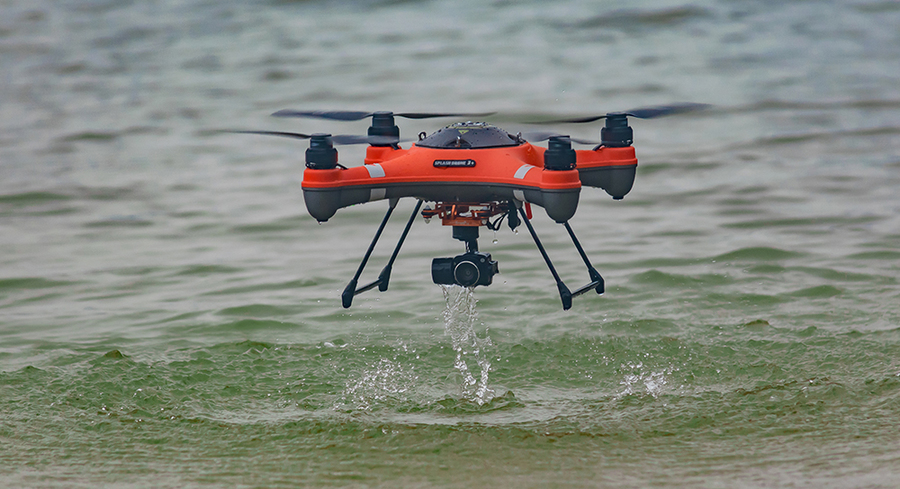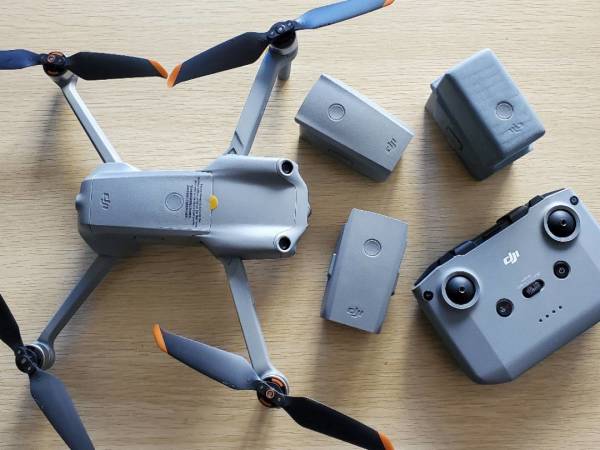In recent years, drones have captured the imagination of technology enthusiasts and hobbyists alike, becoming increasingly accessible to beginners. Understanding drones can seem daunting initially, yet the journey can be incredibly rewarding for those willing to explore. In this guide, we’ll delve into how drones beginners can start their journey, ensuring a smooth take-off into the world of unmanned aerial vehicles (UAVs).
Choosing the Right Drone
For beginners, selecting the appropriate drone is crucial. It’s important to weigh options based on cost, ease of use, and features. Entry-level drones often come with simpler controls and are more affordable. Popular brands offer models that cater specifically to drones beginners, providing user-friendly interfaces and durable designs. Look out for drones with built-in stabilization to assist with smoother flight experiences.
Understanding Drone Components
- Camera:
 Not all drones come with cameras. Beginners who are interested in aerial photography should opt for a drone with a camera, preferably one with adjustable settings.
Not all drones come with cameras. Beginners who are interested in aerial photography should opt for a drone with a camera, preferably one with adjustable settings. - Battery Life: Longer battery life allows more extensive exploration. Consider drones that offer rechargeable batteries for longer flights.
- GPS: For those looking at autonomous flying options, GPS-enabled drones can be beneficial, helping maintain position and return home functionality.

Once you’ve chosen a drone, it’s time to practice. Spend time understanding its flight dynamics and controls. Practicing in open spaces, away from obstacles, benefits beginners. Familiarize yourself with basic maneuvers and gradually progress to advanced techniques.
Drone Safety and Regulations
Safety should always be a priority. Many regions require drone operators to register their drones and adhere to specific regulations. It’s up to the user to ensure compliance with local laws, including no-fly zones and altitude restrictions. Beginners must prioritize understanding these rules to avoid unnecessary complications.
Main Safety Tips
- Maintain Line of Sight: Never lose sight of your drone during flight.
- Respect Privacy: Ensure you’re not infringing on the privacy of others.
- Weather Considerations: Avoid flying in adverse conditions like strong wind or rain.
An increasingly popular activity among drones beginners is racing. Drone racing involves navigating through intricate tracks at high speeds. Starting with easy courses helps hone reflexes and improve skills. Joining drone clubs or communities is advised, as they offer support and events for enthusiasts to showcase their piloting abilities.
Maintaining Your Drone
Proper maintenance extends the life and performance of your drone. Regular checks for wear and tear, cleaning camera lenses, and ensuring propeller integrity are essential practices. Investing in a good carrying case will protect your drone during transport.
FAQs
Q: Do I need a license to operate a drone?
A: It depends on your location and the weight of the drone. Many regions require registration for commercial use.
Q: What’s the ideal drone for photography?
A: Look for drones with high-resolution cameras and stability features. Brands like DJI offer excellent options for photographers.
Q: Can I fly my drone indoors?
A: Yes, but ensure the space is large enough and free from obstacles to prevent accidents.
As the world of drones continues to expand, drones beginners are encouraged to keep exploring, learning, and enjoying their newfound hobby. With the right guidance and practice, mastery of drones is within reach, offering endless opportunities for creativity and fun.